How, thanks to Bernardo Bertolucci, I became a filmmaker and started traveling around the world
Mother church of all my sins ...
In Maracay, the city where I grew up, there were four movie theaters. The tickets were so cheap, that we could go several times a week. We loved the premieres, which filled the cinemas. There were beatings at the ticket office to buy an entrance, but we were able to gather a gang of hooligans and kick anybody else at the entrance of the cinema to watch the premiere of Shark, Close Encounters of the Third Kind, or A Star Is Born.
But they did not let us see Last Tango in Paris, by Bernardo Bertolucci: the film was censored in my country by President Rafael Caldera. However, the Venezuelans, rebels, set up tours to go to watch the movie in the neighboring island of Curaçao, and travel agencies offered tour packages with hotel, two tickets to see the film and $ 10 to play in the casino. I could not travel to it her because at that time she was a minor, and I did not have a job or a passport. But if I had had a few dollars and permission to go abroad, I would have traveled to the island to see the film with María Schneider and Marlon Brando that had caused so much scandal in my provincial country.
It was said that the censorship was due to a scene of anal sex that, decades later, we learned that it was real, and that generated a late scandal for the director Bertolucci, accused of preparing a rape against the female protagonist, Miss Schneider.
Many years later, I was able to see the film in Caracas, and it seemed to me the saddest movie I had ever seen in my life. It was in a small cinema in Chacao, the municipality where I now live, one afternoon, after lunch. I had nothing to do, I had slept a short nap, and seeing the old movie on the bill, I told myself that it was time to settle that debt with my film culture.
I spoke English, and that is how I was able to discover, dear readers of Steemit, why this film was censored in my country and in others with a Catholic majority.
It's not about anal sex, which has been showed in many other movies and nothing has happened. It is about the lines that Marlon Brando recites at the moment he violates (sic) Maria Schneider. The translation and the subtitles said something else, but I remember those lines of memory, and in English, as I write them now:
-Mother church of all my sins, I'm fucking you ...
Even the Pope must have sent letters asking the film to be censored. And since President Caldera was a Social Christian, he complied with the order. But it was counterproductive: it became a cult film, and, as I said, Venezuelans even traveled abroad to see it.
It was the first time I heard the name of Bernardo Bertolucci.
250 kilometers to see Novecento
In 1978, when Bernardo Bertolucci's 1900 was premiered in Venezuela, I turned 18. I felt like the king of the world, I could travel without my parents' permission, and I had a job at the Maracay Athenaeum, in the cinema dedicated to art and experimental movies.
I already liked the films of Andrzej Wajda, Woody Allen and Coppola. I already wrote naive scripts to be filmed in Super 8
But Novecento was not going to reach the cinemas in Maracay, I if wanted to watch the movie, I had to go to the capital, to Caracas, to see it. And the worst: as it was very long, the exhibitors had divided it into two parts, and each part was showed in a two different cinemas.
I got up at 5 in the morning, my mother made me a breakfast, and I told her:
-Mom, I'm going to Caracas.
-What for?
-To see a movie.
-And why don't you see it in Maracay?
-Because they're not going to exhibit it here.
-You like cinema too much, son. Do you like to be a filmmaker?
-Mom, you baptized me with the name "Oscar." That must mean something, right?
Actually, I have never asked my mother why they named me Oscar, but nowadays, to make fun of my friends who hate American cinema and are Frenchified intellectuals, I tell them that I love good Hollywood movies, and I'm destined to win an Academy Award for the best script because my mother named me Oscar, and that was premonitory.
I departed at six in the morning from the house, and already at 7 I was in the bus terminal in Maracay. An 18-year-old boy was going to travel more than 100 kilometers just to see a movie.
I took a dilapidated bus, I paid a dollar and a half of passage, and we began the trip by a highway surrounded by cane fields, green mountains and beautiful farms, among which we could even see the farm where Simon Bolivar, the Liberator, grew up in San Mateo.
The trip lasted two hours, and when I arrived in Caracas, the bustle, the crowds of people and the urban hustle conquered me. I realized immediately that I was going to end up living in the capital, in Caracas, although I was not yet sure how or doing what.
I wandered through boulevards, bought a couple of books, sat down to read at the Gran Café in Sabana Grande, where bohemians, poets and intellectuals met, and at 11 in the morning I went to see the first part of Novecento, in the first function, in a cine in the basement of the Chacaíto Shopping Center. It was my first schedule as an aspiring filmmaker in Caracas, and I was extremely excited.
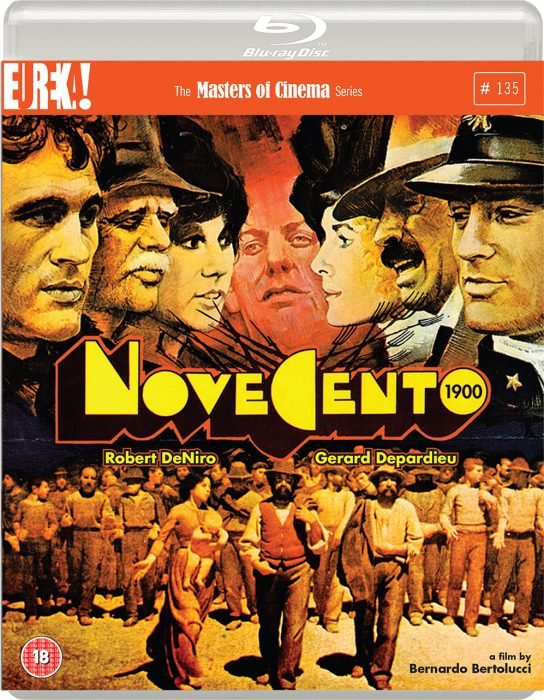
The movie was brutal, incredible for my myopic eyes of a dreamer. Imagine a village boy who travels to the capital to watch a movie innocently, and stumbles upon one of the geniuses, with one of the great masters of Italian cinema.
source
The film left me breathless. In the mall there was a trendy café, Le Drugstore, where they sold giant hot dogs. Just to be fashionable and feel Caracas (God, how provincial!) I ordered one of those expensive and huge hot dogs, and to accompany it I ordered a half-meter beer. It was a very long glass, which measured half a meter, and served you supported on a wooden support.
As I had still a baby face, they asked me for the an ID, and I proudly showed it to them, so that it would be clear that I was 18 years old, that I could drink beer, travel, get married, enter a bar, join the army or a Satanic sect.
I got dizzy from the coffee due to the half meter of beer, and I had to take a bus to go to the other side of the city, to Prados del Este, to see the second part of the film at the Humboldt cinema. I entered at three in the afternoon, and at five, I knew that my destiny was irremediably linked to the cinema, to authors like Bertolucci, like Antonioni, like Buñuel. I knew that my destiny would bring me to Caracas, and that this city would be the platform from which I would take off to the world.
I took a bus back to the bus terminal in Caracas, I took the bus back to Maracay, I traveled another two hours, asleep, dreaming of the wonderful takes of the film I had just seen, lulled by the music of Ennio Morricone that still resounded in my head, and I arrived at my house around midnight. I went to bed knowing that I was a filmmaker, author, screenwriter, and I woke up the next day with the same feeling.

Over time, I ended up in Caracas, studying philosophy, writing film scripts. But before the University, I traveled France and England, to know the winter and the film museums in those two extraordinary cities (in the picture at the left I'm in Hyde Park in winter, London, 1982). I lived in Buenos Aires, where I began to study script at INCINE, and where I lived the most beautiful love story that a man can live, loving and being loved by a beautiful and brilliant girl, Andrea Giglio.
Thanks to Bernardo Bertolucci, and that 250-kilometer trip that I had to do to see in Caracas Novecento, I started traveling, I was convinced by my body (my soul always knew it, and asked my mother to give me the name Oscar) that I was going to be a filmmaker, writer, screenwriter, who was going to live by telling stories, making people laugh and cry.
Bernardo Bertolucci has just died at the age of 77. He was the last great master of Italian cinema.
Many filmmakers, critics and journalists have written deep reflections about his films, and about the meaning of his work.
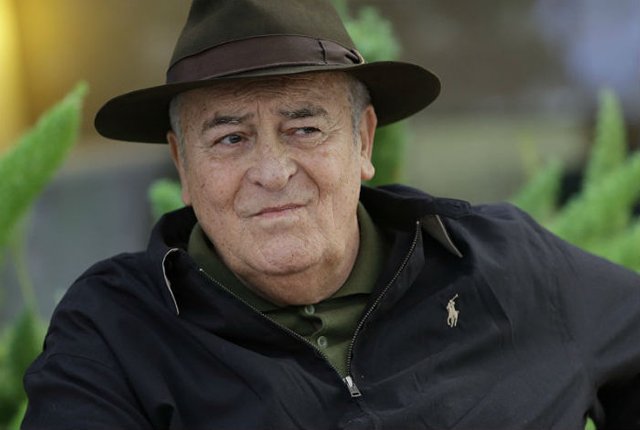
But in this post I do not want to be a philosopher or a film critic. I just want to remember the golden sun that toasted the green cane fields at the edge of the highway that led me to Caracas, which led me to life, to see Novecento, the masterpiece of Bernardo Bertolucci. That trip was worth it. Since then and until now, my life has been a trip that has been worthwhile.
Farewell, maestro!
Óscar Reyes-Matute / מתת
Video recommended:
1900 by Bernardo Bertolucci (Tribute)
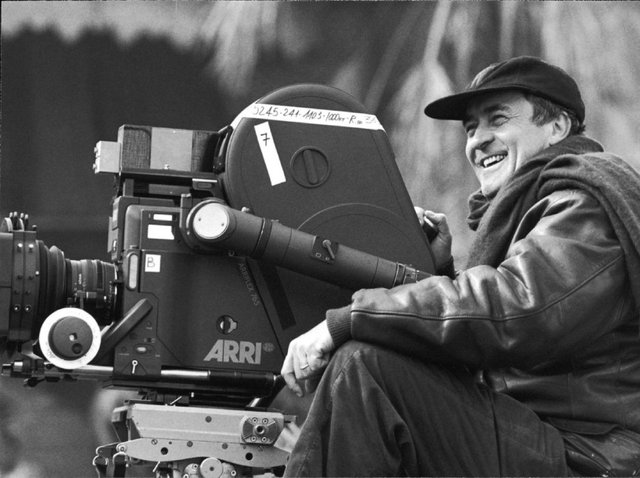
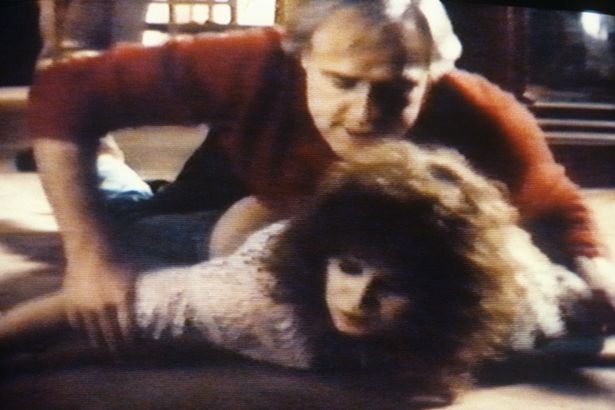
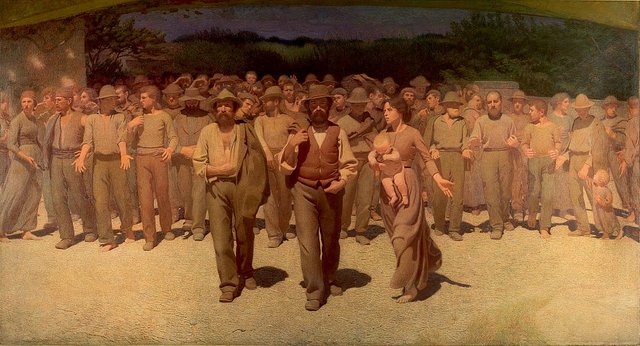
I saw an interview once where it was revealed that Brando's scene with Schneider was not rehearsed. Or, at least, not with Schneider. She was basically raped on screen. Horrifying, if true.
Yes, my friend coldsteem and it has been a very polemic discovery, if true. But those were other times, another country (France) and other way to make movies. Nowaday, in the US, it would be impossible something like that could happen.
I’m not sure I would categorize the response as polemic. But if it were, it is certainly deserved. I’m far from an SJW. But hearing that was shocking to me.